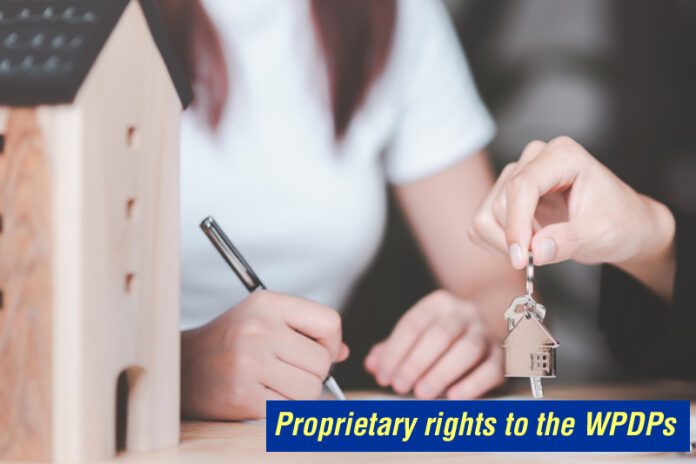The decision by the Administrative Council to grant proprietary rights to the West Pakistan Displaced Persons (WPDPs) and 1965 DPs on State land is a monumental step forward in addressing decades-long grievances and injustices faced by these families. This decision not only brings a sense of closure to the WPDPs but also significantly empowers thousands of families across the Jammu region, ensuring that they are no longer treated as second-class citizens in their own country. Since the partition of India in 1947, the WPDPs have faced immense hardships. Displaced from their homes and livelihoods, they have spent decades in a state of limbo, without any ownership rights to the land they have been residing on. Unlike the Displaced Persons of PoJK, who were given proprietary rights and other benefits, the WPDPs have had to continuously fight for recognition and equality.
The re-organisation of Jammu and Kashmir in 2019 was a pivotal moment, as it conferred domicile rights upon the WPDPs, providing them a semblance of belonging and recognition. However, the struggle for proprietary rights continued, with numerous families yearning for the stability and security that come with land ownership. The latest decision by the Administrative Council is a significant step in fulfilling these long-standing demands. The conferment of proprietary rights on State land to the WPDPs will have far-reaching positive impacts. It will provide these families with a sense of permanence and security, knowing that the land they have cultivated and lived on for decades is finally theirs. This will undoubtedly lead to improved socio-economic conditions, as land ownership is often a key determinant of financial stability and social standing. Moreover, this decision is likely to spur economic development within these communities. With ownership rights, families can now invest in their land, make improvements, and use it as collateral for loans, which can be used to start businesses, improve infrastructure, or invest in education for their children. This empowerment will contribute to the overall development of the region and reduce the socio-economic disparity that has existed for so long.
This decision is not just about land; it is about justice, equality, and recognition. For decades, the WPDPs have lived with the stigma of being ‘outsiders’ in their own country. They have faced discrimination and exclusion in various forms, from being denied Government jobs to not having access to certain welfare schemes. By granting proprietary rights, the Government is sending a strong message that these families are an integral part of the nation and deserve the same rights and privileges as other citizens. Furthermore, this move also aligns with the broader goals of the Government to promote social justice and inclusivity. It is a recognition of the historical injustices faced by the DPs and a commitment to rectify them. This decision will undoubtedly go a long way in fostering a sense of belonging and national integration among these displaced families.
While this decision is a significant step forward, it is essential to ensure that the implementation is carried out effectively and without any misuse. The Administrative Council has rightly emphasised the need for proper safeguards to prevent unauthorised encroachments on State land. The Revenue Department must develop robust operational guidelines and ensure strict adherence to them to prevent any exploitation or misuse of this policy. Moreover, there should be a transparent and efficient process for the conferment of proprietary rights. The authorities must ensure that all eligible DPs are identified and provided with the necessary documentation without any bureaucratic delays or corruption. This will help in building trust.
However, this should not be the end of the road but rather a beginning. There is a need for continued support and policies that focus on the holistic development of these communities. This is not just about land; it is about building a more just, inclusive, and equitable society for all.


